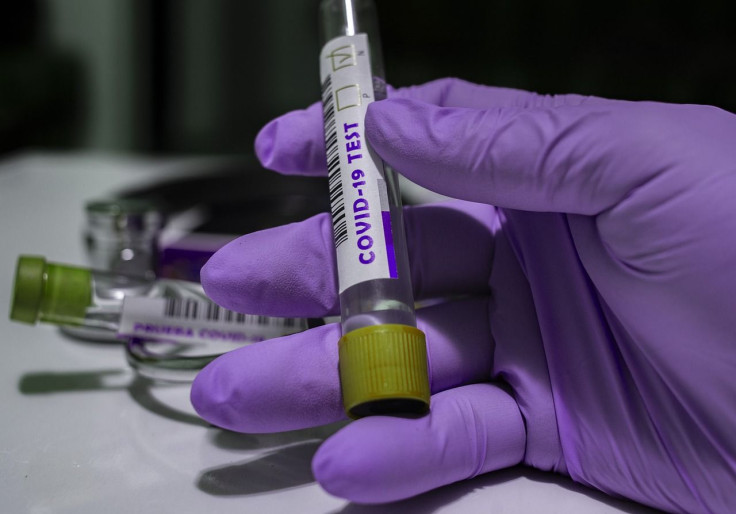6 Reasons Why Some People Are Asymptomatic Carriers Of COVID-19

About 40% of individuals who tested positive for the novel coronavirus infection never, ever feel sick, the Centers for Disease Control and Prevention (CDC) estimates in its updated guidelines. It remains a puzzle as to why presymptomatic transmitters and asymptomatic cases appear so frequently. While other viruses that cause flu and common cold also spread silently, SARS-CoV-2’s extreme evasiveness makes it harder to control.
First off, there is a possibility that there are fewer true asymptomatic cases than we think. Studies do not follow COVID-19 patients for a significant period post-testing to find out if they might have developed symptoms later on. People who tested positive and remained asymptomatic might have developed symptoms a few days later.
Another possibility is that what researchers thought were truly asymptomatic cases might actually be "paucisymptomatic" – where people experience very mild symptoms that they would not have suspected an infection.
However, health experts and researchers are racing to interpret the biology of these sneaky cases and to develop models that can predict how COVID-19 spreads. According to National Geographic, a mixture of genetics, age, and individuality in people’s immune systems could play a crucial role in this.
Here are some theories put together by National Geographic on why asymptomatic COVID-19 cases occur:
- Perhaps asymptomatic COVID-19 patients do not carry as much virus
- Asymptomatic people’s immune systems might be behaving like that of bats. Asymptomatic people might be having an immune response that lets them clear the virus without getting sick
- Asymptomatic individuals might be having a weaker immune response overall and might be producing fewer antibodies
- Perhaps these people do not have enough ACE2 receptors in their body. This might also explain why older people and obese individuals who have more of the coronavirus binding receptor seem to be more vulnerable to COVID-19
- Younger individuals might have had more respiratory viral infections in general. By the time they catch the novel coronavirus, it might get less dangerous. Young people’s exposure to multiple coronaviruses might be offering them partial protection against SARS-CoV-2
- Asymptomatic people might just be genetically luckier. They might have certain variations of the ACE2 gene which make them less susceptible to getting infected by the novel coronavirus’ spike protein
Early reports from Spain and Italy claimed that people with certain blood types might have a lesser risk of contracting the virus. But larger studies released recently, counter this idea.

© Copyright IBTimes 2025. All rights reserved.






















